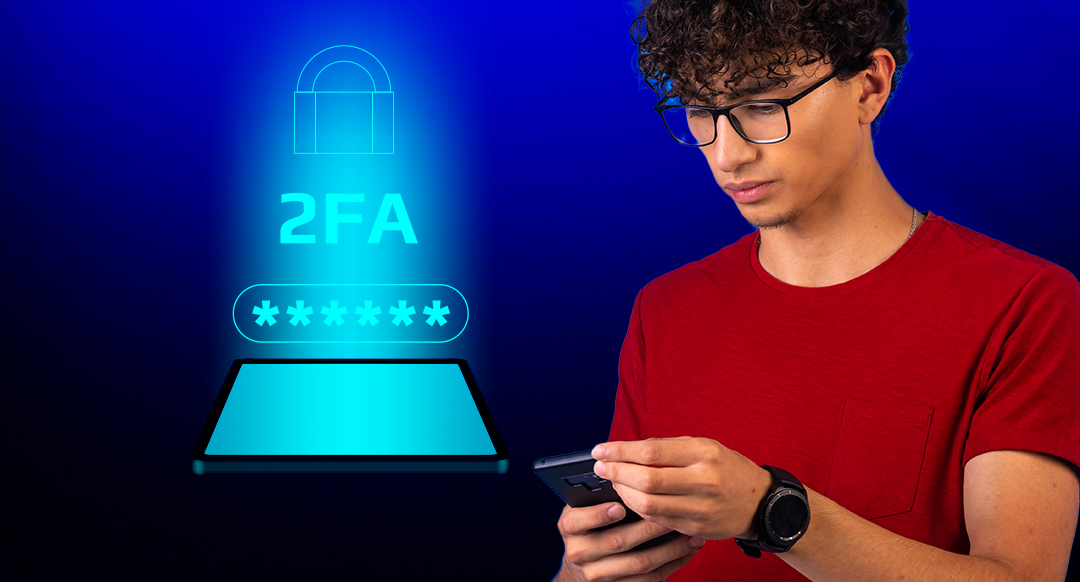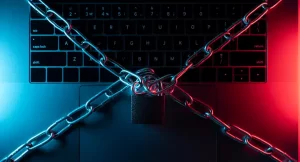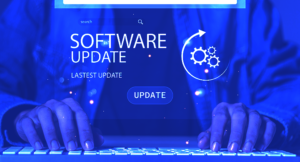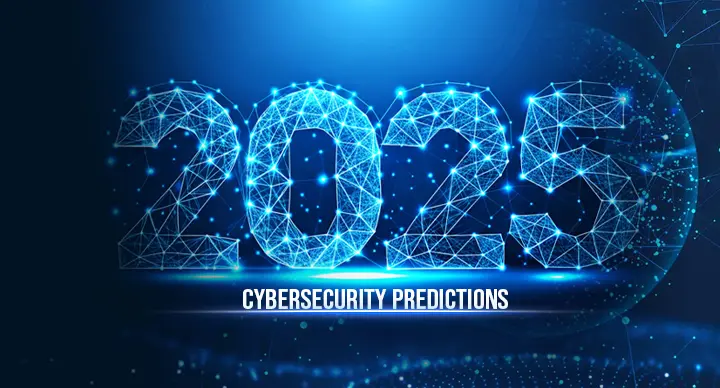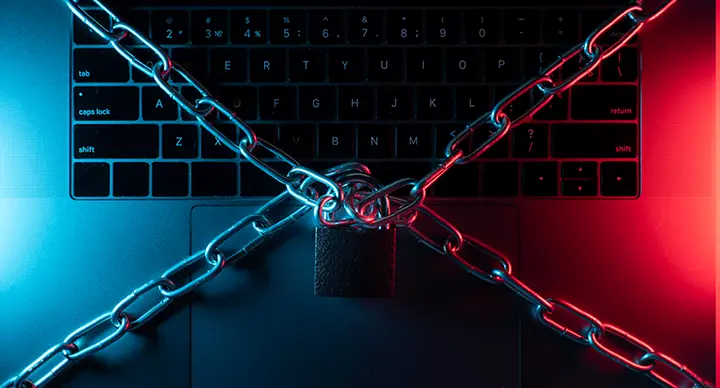In an era dominated by digital interactions and online presence, security breaches and unauthorized access to personal information are persistent threats. As cyber threats evolve, traditional passwords alone are proving insufficient in safeguarding sensitive data. Enter two-factor authentication (2FA), an increasingly vital layer of defense against unauthorized access.
What is Two-Factor Authentication (2FA)?
Two-factor authentication (2FA) is a security process that requires users to provide two different authentication factors to verify themselves and gain access to an online account or system. Typically, these factors fall into three categories:
- Knowledge Factor: Something only the user knows (e.g., a password or PIN).
- Possession Factor: Something only the user possesses (e.g., a mobile device or a security token).
- Inherence Factor: Something unique to the user (e.g., biometric data like fingerprint or facial recognition).
The Importance of 2FA:
Enhanced Security: Passwords alone are susceptible to various attacks such as phishing, brute force attempts, or data breaches. 2FA provides an additional layer of security, significantly reducing the risk of unauthorized access.
Protection Against Password Theft: Even if a password is compromised, the second authentication factor acts as a barrier, preventing unauthorized entry.
Mitigating Phishing Attacks: Phishing attempts often trick users into divulging passwords. With 2FA, even if a password is compromised, the hacker would still need the second factor, thwarting their attempts.
Reducing Data Breach Impact: In the event of a data breach, where passwords are exposed, 2FA significantly mitigates risks. Attackers would require the second factor, which they usually don’t have, to access accounts.
Compliance Requirements: Many industries and regulations mandate the use of 2FA as a security measure to protect sensitive information.
Personal Account Protection: For personal accounts housing critical data such as banking, email, or social media, 2FA provides an additional layer of defense against identity theft and unauthorized access.
Implementing 2FA:
Various forms of 2FA exist, including SMS codes, authenticator apps (like Google Authenticator), hardware tokens, and biometric authentication. Users can enable 2FA on their accounts by following straightforward setup processes provided by most online services.
In conclusion, 2FA stands as a robust defense against diverse cyber threats. Its implementation significantly fortifies account security, reducing the risk of unauthorized access and data breaches. Both individuals and organizations must prioritize the adoption of 2FA to bolster their overall cybersecurity posture.
Remember, while 2FA significantly enhances security, it’s essential to stay vigilant against emerging threats and practice good cybersecurity hygiene to safeguard personal and sensitive information online.

